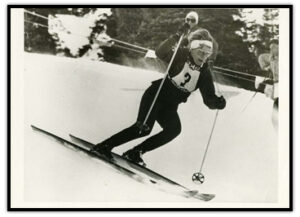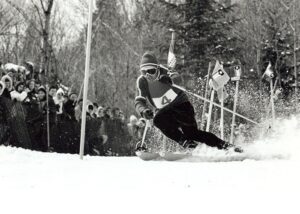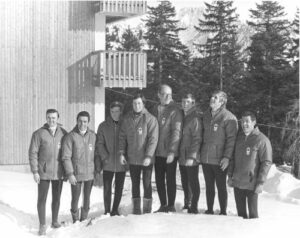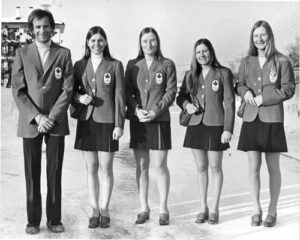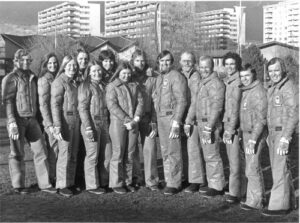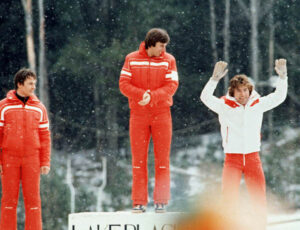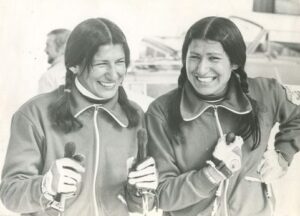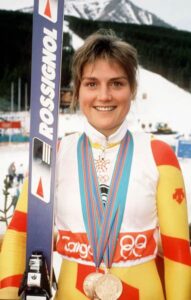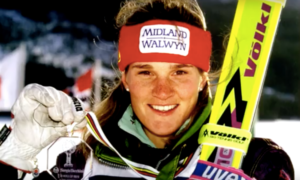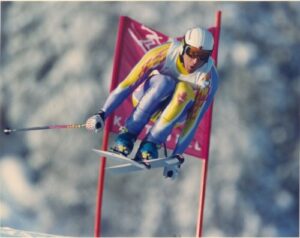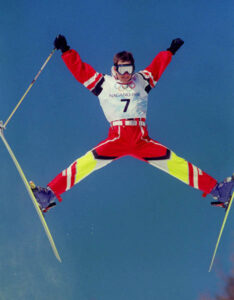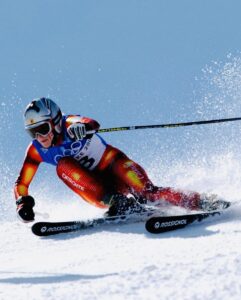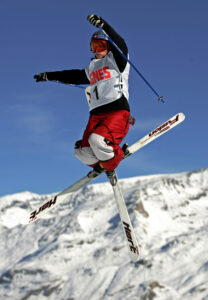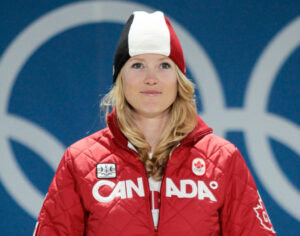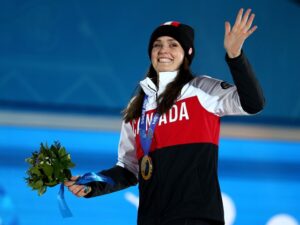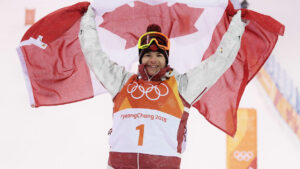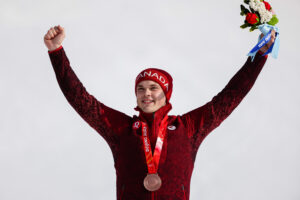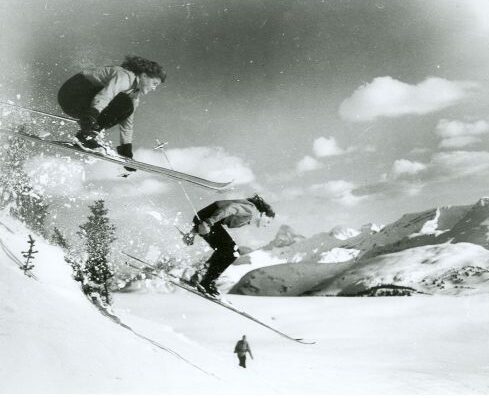The Winter Olympic Games movement picked up steam in the 1960s, with increased global interest and continued expansion and diversification of sports and related disciplines. The Canadian Olympic performances also continued to develop, as the support and funding increased.
But it’s the moments that truly tell the Olympic story. The triumphs and victories and also the defeats, setbacks and heartaches. In this story, we cover a lot of ground from 1960 to the recently Beijing 2022 Olympic Winter Games where Canada claimed 26 medals. The Canadian’s have become a formidable force in nearly every sport. Here are some of those stories.
